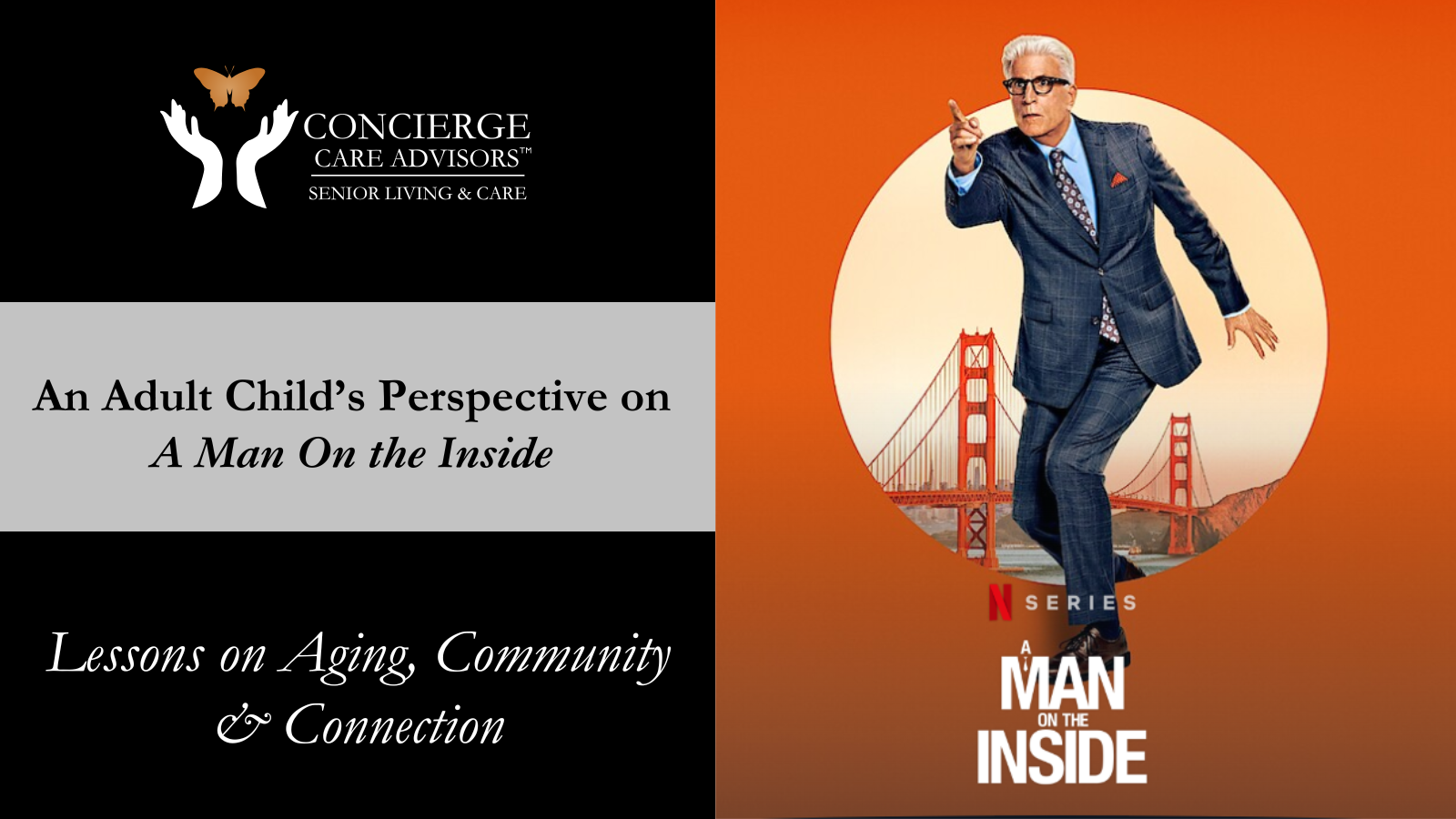When to Move to Independent Living or a Nursing Home: Comparing Options for Seniors
Deciding when to transition to independent living can be a significant and emotional choice for seniors and their families. Understanding the differences between independent living facilities and nursing homes is a crucial step in making an informed decision. This guide outlines key factors to consider, offering assisted living guidance, insight into nursing homes in Washington State, and exploring the benefits of independent living communities.
Understanding Independent Living
Independent living facilities are ideal for seniors who can manage most of their daily activities but want the convenience of a supportive, maintenance-free lifestyle. These communities offer the perfect blend of freedom and accessibility, including:
- Community Amenities: Opportunities for social interaction, fitness classes, and organized events.
- Minimal Assistance: Staff may provide help with yard maintenance, housekeeping, and light check-ins, but privacy is prioritized.
- Safety Features: On-call nurses and safety measures to prevent accidents like falls.
Benefits of independent living communities include fostering a sense of belonging, access to enriching activities, and peace of mind for families knowing their loved ones are in a safe environment.
Is It Time to Move to Independent Living?
The decision to move to independent living is often prompted by changes in lifestyle or health. Here are some signs it may be time to consider a move:
- Difficulty Maintaining a Home: Tasks like lawn care, cleaning, or home repairs become overwhelming.
- Desire for Social Connections: Feeling isolated and wanting a built-in community of peers.
- Need for a Safe Environment: Concerns about falls or accessibility in a current home.
- Interest in an Active Lifestyle: Wanting access to recreational activities and events.
Nursing Homes: When More Support is Needed
Nursing homes in Washington State cater to seniors requiring 24-hour care, often for medical conditions such as dementia, stroke recovery, or other cognitive and physical impairments. These facilities focus on:
- Rehabilitation and Therapy: Physical, speech, and occupational therapy for recovery.
- Skilled Nursing Care: Round-the-clock attention for medical needs.
- Secure Environments: Limited independence to ensure safety, especially for seniors with advanced health issues.
While nursing homes in Seattle and beyond provide excellent care, they are better suited for seniors who need significant medical or daily living assistance rather than those who can thrive in an independent living community.
Planning for Senior Care: Which Option is Right for Your Loved One?
When deciding between independent living and nursing homes, consider the following:
- Health and Mobility: Can your loved one manage daily tasks without extensive support?
- Lifestyle Preferences: Do they value independence and social engagement?
- Financial Planning: Research costs for both options and explore long-term care insurance or Medicaid benefits.
If you’re still unsure, consult with Senior Care Advisors in Seattle or your local area who can guide you through planning for senior care costs and making the best choice for your family.
Why Work with Concierge Care Advisors?
At Concierge Care Advisors, we specialize in providing personalized senior care decisions tailored to your loved one’s needs. Whether you’re exploring independent living facilities, seeking assisted living guidance, or evaluating nursing homes in Seattle and throughout the Pacific Northwest, our team is here to help—at no cost to you.
Contact us today to learn how we can support your journey in finding the perfect care solution for your loved one.






















